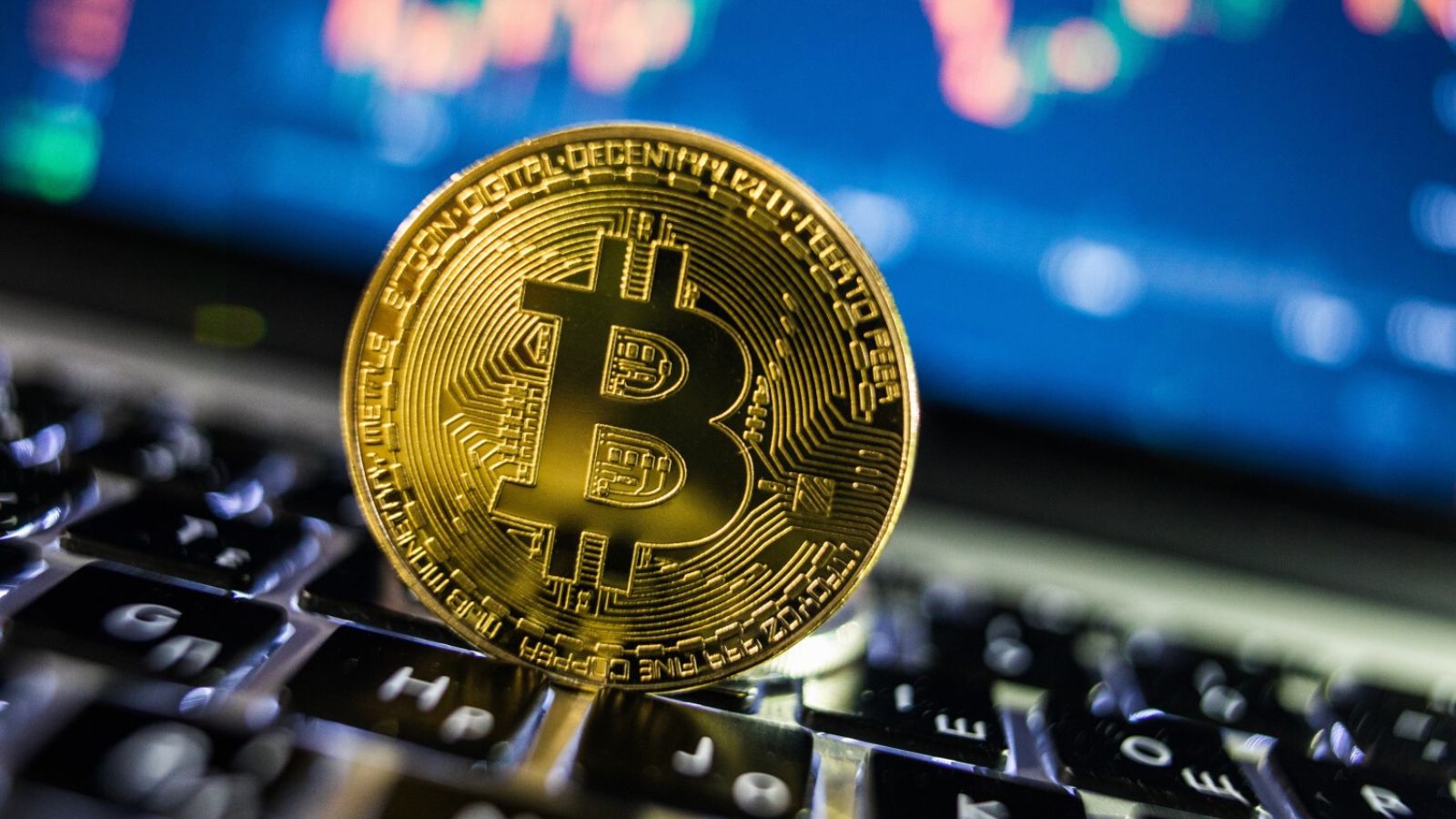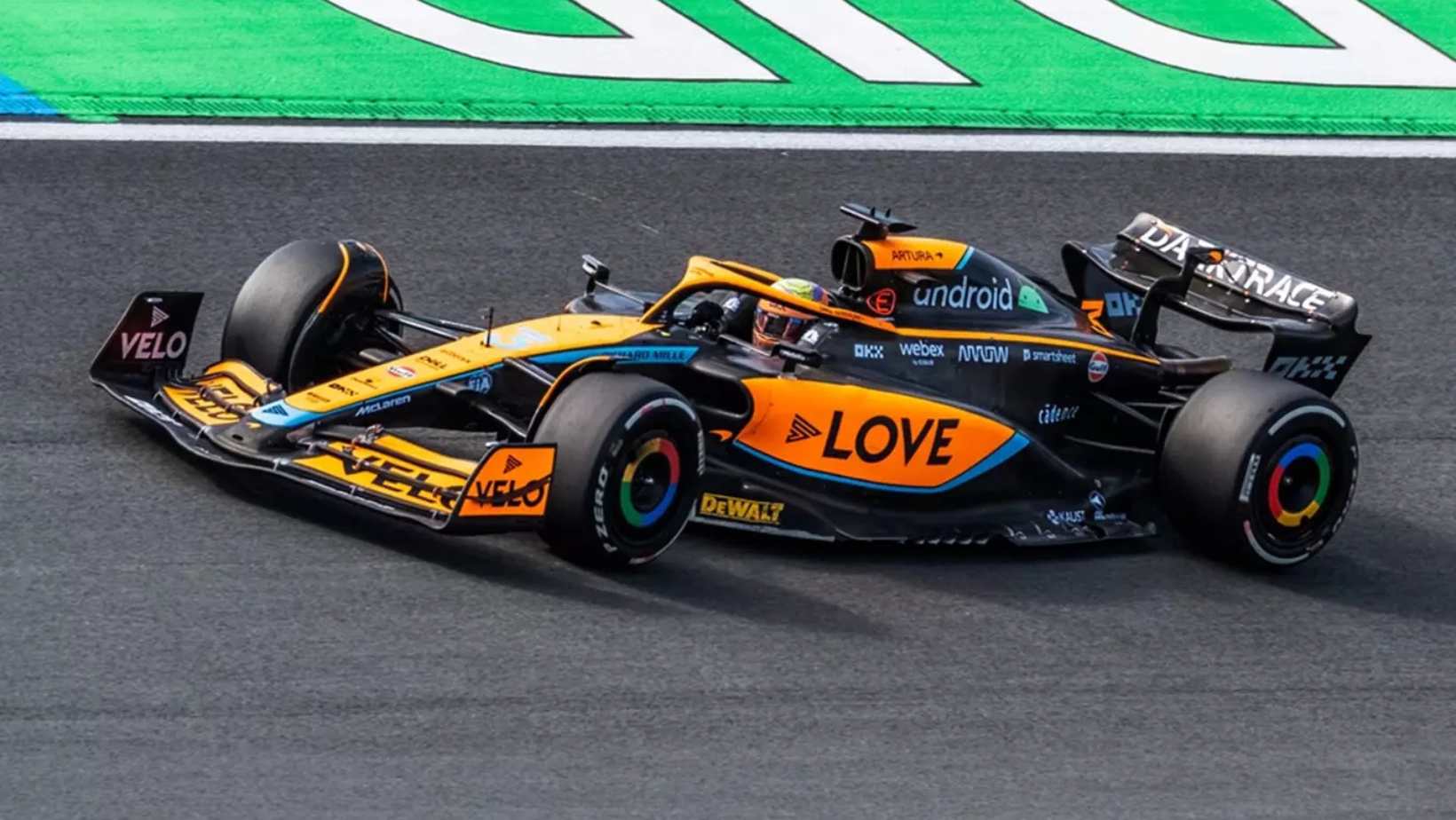With the increasing demand for Bitcoin, it’s important to understand how to buy and store it safely and securely. In this article, we will explore the legal and regulatory landscape for buying Bitcoin in the Netherlands, how to choose a Bitcoin exchange, set up a Bitcoin wallet, fund your Bitcoin account, and buy Bitcoin. You can also choose an automated trading platform for efficient trading.
Choosing a Bitcoin Exchange
One of the first steps to buying Bitcoin in the Netherlands is choosing a reputable and secure Bitcoin exchange. When selecting an exchange, security should be a top priority. Look for exchanges that have a strong track record of security, such as two-factor authentication (2FA) and cold storage of funds. Reputation is also an important factor, so it’s a good idea to do some research on the exchange’s reputation by reading reviews and checking forums to see what other users have experienced. If you want to know more about bitcoin exchange then you can visit the official website.
User-friendliness is another important consideration. Look for an exchange that has a user-friendly interface and an easy-to-navigate website. Payment options are also a crucial factor, so check which payment methods are accepted by the exchange, such as bank transfers, credit cards, or other cryptocurrencies. It’s also essential to compare the fees of different exchanges to find the most cost-effective option.
Setting up a Bitcoin Wallet
A Bitcoin wallet is a digital wallet that allows you to store, send, and receive Bitcoin. In the Netherlands, there are several types of Bitcoin wallets available, including software wallets, web wallets, and hardware wallets. Software wallets are wallets that can be downloaded and installed on a computer or mobile device. Examples of software wallets include Electrum, Bitcoin Core, and Mycelium. Web wallets, on the other hand, are wallets that are accessed through a web browser. Examples of web wallets include Blockchain.info, Coinbase, and BitGo. Hardware wallets are physical devices that store Bitcoin offline, providing an additional layer of security. Examples of hardware wallets include Trezor, Ledger Nano S, and KeepKey.
To set up a Bitcoin wallet, you first need to choose a wallet provider that meets your needs and preferences. Once you have chosen a provider, you will need to follow their instructions to create an account and set up your wallet. This typically involves generating a unique Bitcoin address, which is used to send and receive Bitcoin.
Funding Your Bitcoin Account
Once you have chosen a Bitcoin exchange and set up a Bitcoin wallet, the next step is to fund your account. The specific steps for funding your Bitcoin account may vary depending on the exchange you choose and the payment method you use.
Many Bitcoin exchanges in the Netherlands allow you to fund your account using bank transfers, credit cards, or other cryptocurrencies. Bank transfers are a popular option, as they are typically secure and have low transaction fees. To fund your account using a bank transfer, you will need to provide the exchange with your bank account details.
Buying Bitcoin
Once your Bitcoin account is funded, you can start buying Bitcoin on the exchange. It’s important to keep in mind that the price of Bitcoin can fluctuate rapidly, so it’s important to keep an eye on the market and adjust your buying strategy accordingly. Some exchanges may also charge additional fees for buying Bitcoin, so be sure to check the exchange’s fee schedule before making a purchase.
When buying Bitcoin, it’s also important to consider security measures to protect your investment. This includes using a reputable exchange, choosing a strong password, and enabling two-factor authentication. It’s also a good idea to keep your Bitcoin holdings in a secure, offline wallet, such as a hardware wallet, to protect them from hacking and other security threats.
Storing and Securing Your Bitcoin
Once you have bought Bitcoin, it’s important to store and secure it properly. Bitcoin is stored in a digital wallet, which can be either an online or offline wallet. Online wallets are convenient and easy to use, but they are also more vulnerable to hacking and other security threats. Offline wallets, such as hardware wallets, provide an extra layer of security by storing your Bitcoin offline and away from potential cyber threats. To store your Bitcoin in an offline wallet, you will need to transfer it from your online wallet or Bitcoin exchange to your offline wallet.
Conclusion
Buying and storing Bitcoin in the Netherlands can seem daunting, but with the right knowledge and precautions, it can be done safely and securely. By understanding the legal and regulatory landscape, choosing a reputable Bitcoin exchange, setting up a secure Bitcoin wallet, and following important security measures, you can buy and store Bitcoin with confidence.
-
NEWSLETTER
Subscribe for our daily news











